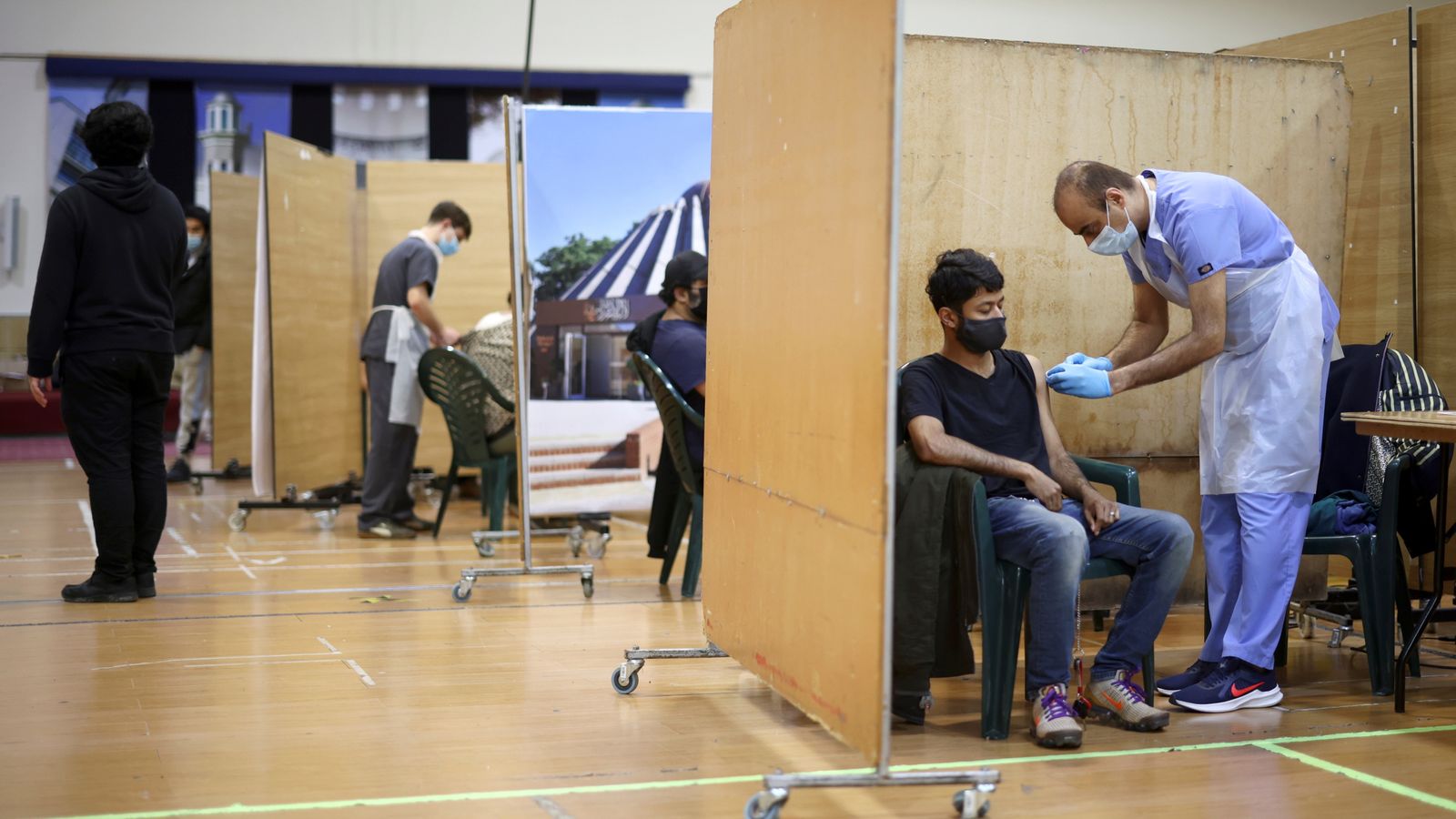Amity Island
Well-Known Member
- Relationship to Diabetes
- Type 1
Today, this is the type of response (as expected) we are now getting during the inquiry. The covid response is all being put down to "mistakes" and "errors" or simply blaming others. Problem with this is, is that a "mistake" is like putting an I before an E after C. Whereas, what was done during the virus outbreak were not "mistakes". Every decision, every strategy and the advice was done with considered intention and knowing of what the likely outcome would be. No cost benefit anaysis was done to see if what they proposed would be of reasonable benefit compared to the cost and effect it would have on all of society, like job losses, damage to the NHS, people's mental health, economy, schools, businesses etc
Even a complete idiot would know to advise those who are sick to stay at home. Instead we got told to stay at home if you are well and specifically told to go out of your home (to test) if you are sick.
And told to "stay at home", regardless if you're are ill, injured or need treatment for other things etc
And scared away from hospitals through shear fear of catching a virus that was effecting a small proportion of the population and of those, mainly having a serious effect on the elderly.
Instead of suffering three years (and decades to come) of terror, fear, testing, passports, test and trace, impacts on society we could of just said "stay at home if you are sick" and let people manage their own risk by shielding the elderly until the worst of the virus had passed (and it would/did), that would of been an easy and reasonable message and strategy to manage throughout.
Even a complete idiot would know to advise those who are sick to stay at home. Instead we got told to stay at home if you are well and specifically told to go out of your home (to test) if you are sick.
And told to "stay at home", regardless if you're are ill, injured or need treatment for other things etc
And scared away from hospitals through shear fear of catching a virus that was effecting a small proportion of the population and of those, mainly having a serious effect on the elderly.
Instead of suffering three years (and decades to come) of terror, fear, testing, passports, test and trace, impacts on society we could of just said "stay at home if you are sick" and let people manage their own risk by shielding the elderly until the worst of the virus had passed (and it would/did), that would of been an easy and reasonable message and strategy to manage throughout.
Last edited:


